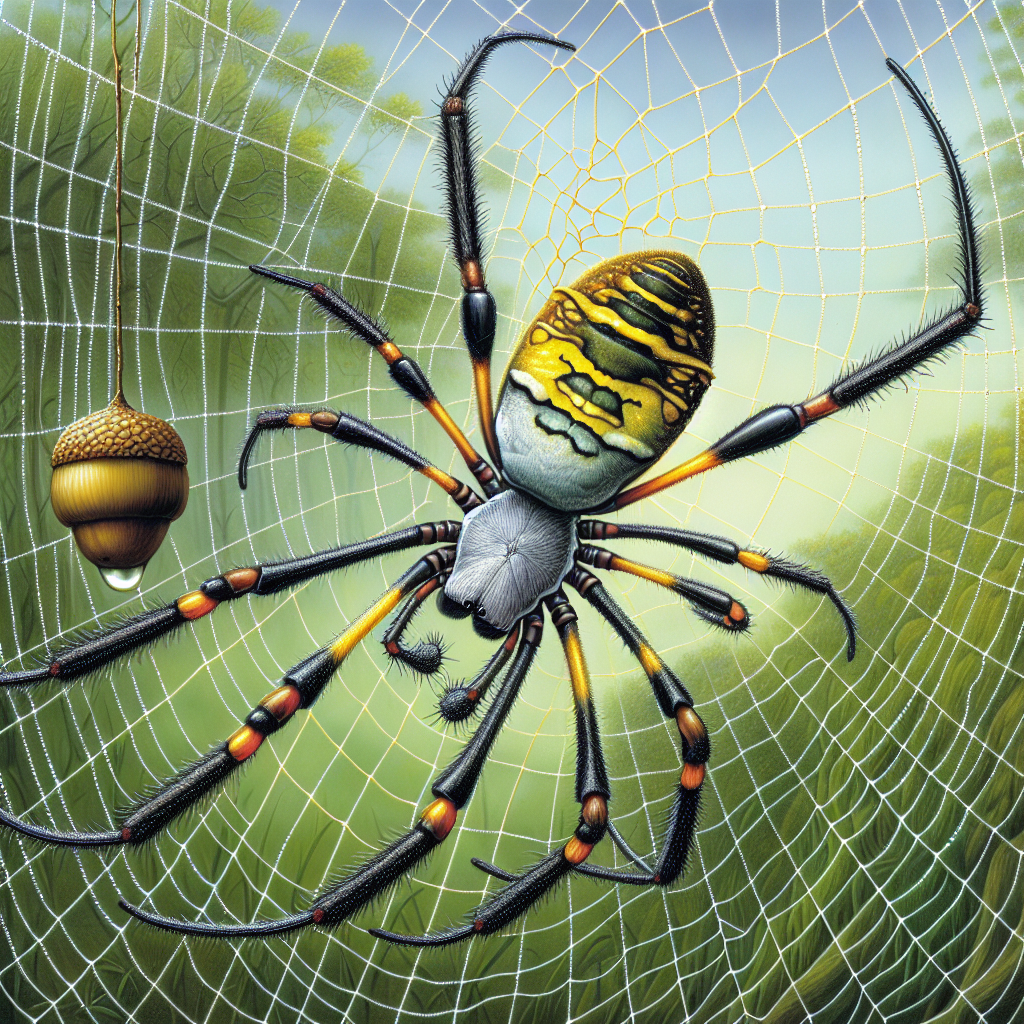Science Briefs: Joro Spiders, Space Awards, and Starliner's Milestones
Recent science briefs include the spread of Joro spiders in the US, a $23.9 million award to Rocket Lab for satellite chip production, Boeing's Starliner achieving key milestones but facing challenges, health effects data from an all-civilian space crew, and a study suggesting elephants may call each other by name.

Following is a summary of current science news briefs.
Scary but shy Joro spiders spread to US gardens, parking lots
Scary Joro spiders the size of a human hand are spreading across the U.S. Eastern Seaboard and heading north. The East Asian species is named after the mythical Japanese creature Jorogumo, which can turn into a beautiful woman and trap men with silk. With blue-black and yellow stripes, long legs and sometimes a splash of red, Joros may look terrifying but are actually quite shy.
US to award Rocket Lab $23.9 million to boost satellite, spacecraft chips
The U.S. Commerce Department said on Tuesday it planned to award Rocket Lab $23.9 million to dramatically boost the production of compound semiconductors used in satellites and spacecraft. The award for Rocket Lab unit SolAero Technologies Corp "would help create a more robust and resilient supply of space-grade solar cells that power spacecrafts and satellites", the department said, adding it would "increase Rocket Lab's compound semiconductor production by 50% within the next three years."
Starliner flight is one big step for Boeing's space capsule, but many hurdles remain
Boeing's Starliner spacecraft scored a crucial achievement last week with the delivery of two astronauts to the International Space Station, but problems encountered along its journey in space and more hurdles that lie ahead make the aerospace giant's goal toward routine missions a distant prospect. The CST-100 Starliner capsule's first crewed docking with two astronauts to the International Space Station on Thursday marked a long-sought safety demonstration for two audiences: NASA, which wants a second U.S. spacecraft for rides to orbit, and the nascent market for private astronaut missions that is currently dominated by Elon Musk's SpaceX and its Crew Dragon capsule.
Data from all-civilian crew details health effects of space travel
When pediatric cancer survivor Hayley Arceneaux and a trio of crewmates spent three days in space in 2021 as part of SpaceX's Inspiration4 mission, they made history not only as the first all-civilian team to orbit Earth. They also provided the most in-depth data on record regarding the effects of space travel on the human body. New research based on this data details changes in the brain, heart, muscles, kidneys and skin, immune regulation and stress levels and a breakdown in the activity of subcellular structures called mitochondria amid the microgravity environment, increased radiation and other factors in space.
Study shows elephants might call each other by name
Over the years, researchers who study elephants have noticed an intriguing phenomenon. Sometimes when an elephant makes a vocalization to a group of other elephants, all of them respond. But sometimes when that same elephant makes a similar call to the group, only a single individual responds. Could it be that elephants address each other by the equivalent of a name? A new study involving wild African savannah elephants in Kenya lends support to this idea.
NASA, Boeing push back Starliner's crewed return to June 18
NASA and Boeing said they expect to bring Starliner and its first astronaut crew back to Earth from the International Space Station as soon as June 18, later than previously scheduled as mission analysts examine issues that could affect its return. Boeing's CST-100 Starliner spacecraft was originally expected to undock on Friday and return to Earth after launching its inaugural crew of two NASA astronauts from Florida on June 5. The mission is a crucial test before the U.S. space agency can certify Starliner for routine flights.
(This story has not been edited by Devdiscourse staff and is auto-generated from a syndicated feed.)
- READ MORE ON:
- Joro spiders
- Rocket Lab
- Starliner
- Boeing
- SpaceX
- Inspiration4
- space travel
- elephants
- NASA
- satellites
ALSO READ
Mysteries of the Past and Future: From Woolly Mammoths to SpaceX's ISS Mission
NASA Awards $843 Million Contract to SpaceX for ISS Decommissioning
Space Challenges: From Boeing's Starliner to SpaceX's Deorbit Vehicle
Space Showdowns: Boeing's Starliner, SpaceX Missions, and More Science News
NASA Awards SpaceX $843 Million for ISS Deorbit Mission










